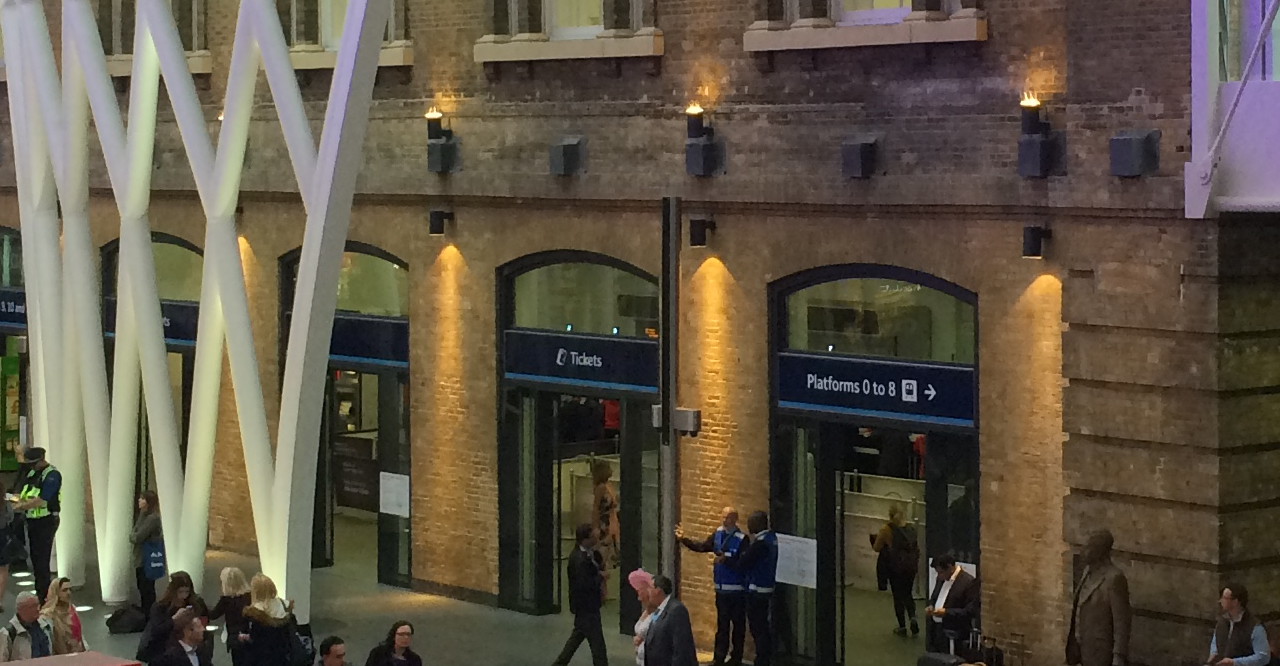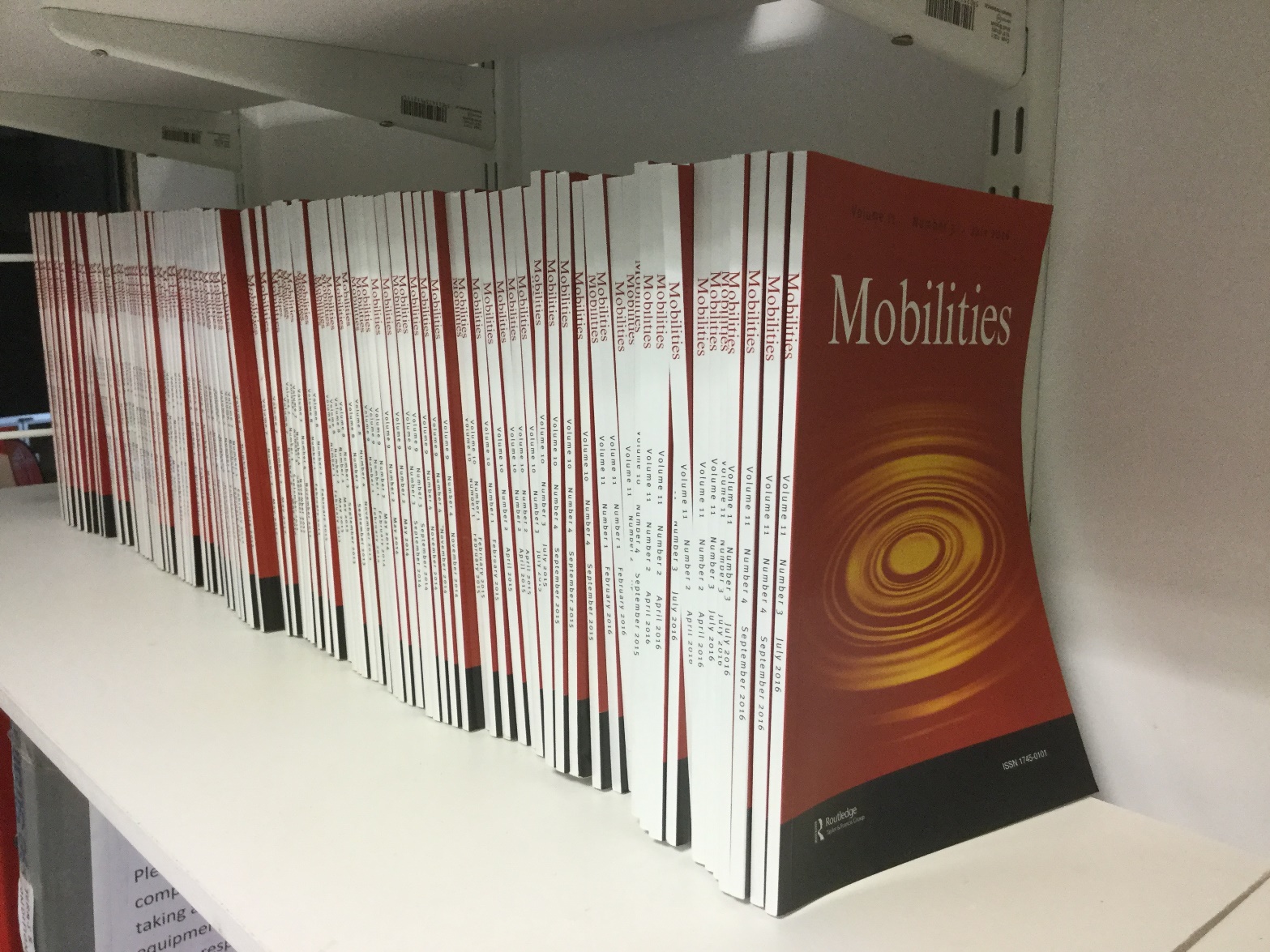Forthcoming Autumn 2016!
This special issue brings together 12 contributions on intersections and intersectionalities of mobilities:
Mobility Intersections: Social Research, Social Futures – Monika Büscher, Mimi Sheller, David Tyfield
Pedestrian circulations: urban ethnography, the mobilities paradigm and outreach work – Robin James Smith and Tom Hall
Lifestyle mobility in China: context, perspective and prospects – Honggang Xu and Yuefang Wu
The wheeling interview: Mobile methods and disability – Laurence Parent
Disability and Mobilities: Evening Up Social Futures – Gerard Goggin
Comparative mobilities in an unequal world: researching intersections of gender and generation – Lesley Murray, Kim Sawchuk and Paola Jirón
Don’t Shoot! Black Mobilities in American Gunscapes – Judith A. Nicholson
Political grammars of mobility, security, and subjectivity – Claudia Aradau
Mobilities, Futures and the City. Repositioning discourses – changing perspectives – rethinking policies – Malene Freudendal-Pedersen and Sven Kesselring
Of ‘Other’ Materialities: Why (mobilities) design is central to the future of mobilities research – Ole B. Jensen
Planetary mobilities: movement, memory and emergence in the body of the Earth – Bronislaw Szerszynski
Doing Methodological Cosmopolitanism in a Mobile World – David Tyfield and Anders Blok
From the Introduction:
This special issue seeks to deepen conversations at the intersections between mobilities research and a number of adjacent fields. Contributions explore how mobilities research has emerged and travelled along with a range of approaches concerned with the lived production of socio-material orders, such as science and technology studies, non-representational and feminist theory, critical and speculative design, and cosmopolitanism, to name but a few, while also intersecting with many applied fields, such as transport planning and policy, disability studies, or disaster response. The field of mobilities research has grown by connecting different epistemological frames, and offering new post-disciplinary approaches to complex interconnected phenomena. In pausing to reflect on these mobility intersections, we suggest that mobilities research is integral to a broader project of transforming the social sciences that is currently underway.



